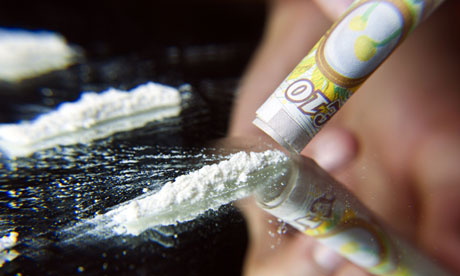By Ian Chua
SYDNEY (Reuters) - Asian stocks rose and gold hit a near three-month
high on Monday, extending a move started late last week when a steep
drop in U.S. new home sales tempered expectations the Federal Reserve
will soon reduce stimulus.
Trading was subdued, particularly in the currency markets, as
investors awaited fresh offshore leads amid a lack of market-moving
economic news out of Asia.
MSCI's broadest index of Asia-Pacific shares outside Japan
<.miapj0000pus> climbed 0.5 percent, adding to Friday's 0.8
percent gain.
Hong Kong's Hang Seng index (.HSI) advanced 0.7 percent, Australia's
S&P/ASX 200 index (.AXJO) edged up 0.2 percent and South Korea's
KOSPI (.KS11) put on 1.0 percent.
European stocks were seen tracking gains in Asia. IG markets
predicted Germany's DAX (.GDAXI) will open 0.3 percent higher and
France's CAC 40 (.FCHI) will rise 0.6 percent.
Tokyo's Nikkei (NIK:^9452) closed just a touch lower, partly weighed
by concerns about whether the government will raise the consumption tax
as planned.
Monday's gains for most Asian markets came as a welcome relief after the MSCI index suffered a hefty 2.9 percent drop last week.
Much of the heat was felt in the region's emerging markets as
investors pulled out of crowded trades in preparation for a
post-stimulus world.
Last week Indonesian stocks (.JKSE) posted an 8.7 percent slide in
their biggest fall since September 2011. They were flat in late trade on
Monday, having climbed as much as 0.6 percent earlier.
India, Indonesia and Brazil have scrambled to try to stem the
destabilizing outflows that have slammed their currencies sharply lower,
with the rupee skidding to record lows recently.
Global central bankers at the Fed's annual Jackson Hole policy
conference were warned that global financial stability is at risk as
ultra-easy policies that have flooded the world with cash are slowly
unwound.
Uncertainty about when and how these policies will be phased out
meant that market volatility will likely remain high, analysts said.
Data out on Friday showed sales of new U.S. single-family homes fell
to their lowest in nine months, raising doubts about whether the Fed
can afford to start to pull back next month -- giving investors an
excuse to buy back severely beaten-down assets.
"We still think the markets are overemphasizing their concerns on
(Fed) tapering. Tapering is only likely to be put in place if the U.S.
economy is in good shape," said Martin Lakos, division director at
Macquarie Private Wealth.
While Friday's U.S. housing data is helping stocks and gold to
recover for now, it weighed on the dollar. The dollar index (.DXY),
which tracks the performance of the greenback against a basket of major
currencies, was flat at 81.355, having slipped 0.2 percent on Friday.
Against the yen, the dollar traded at 98.56 off Friday's peak of
99.15, while the euro bought $1.3382, having climbed as high as $1.3410.
Spot gold briefly popped above $1,400 an ounce for the first time
since early June, extending Friday's 1.5 percent rally. It last stood at
$1,396.54.
U.S. crude was bid at $106.91 a barrel, while Brent crude extended
gains above $111 a barrel as rising tensions in Syria added to concerns
of increased unrest in the Middle East that could disrupt supply.
Shanghai copper rose to its highest in over four months on optimism
about global growth and in the absence of London markets due to a UK
holiday.
(Additional reporting by Maggie Lu Yueyang in Sydney; Editing by Eric Meijer)



